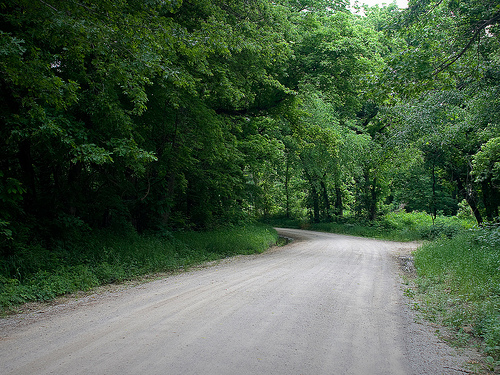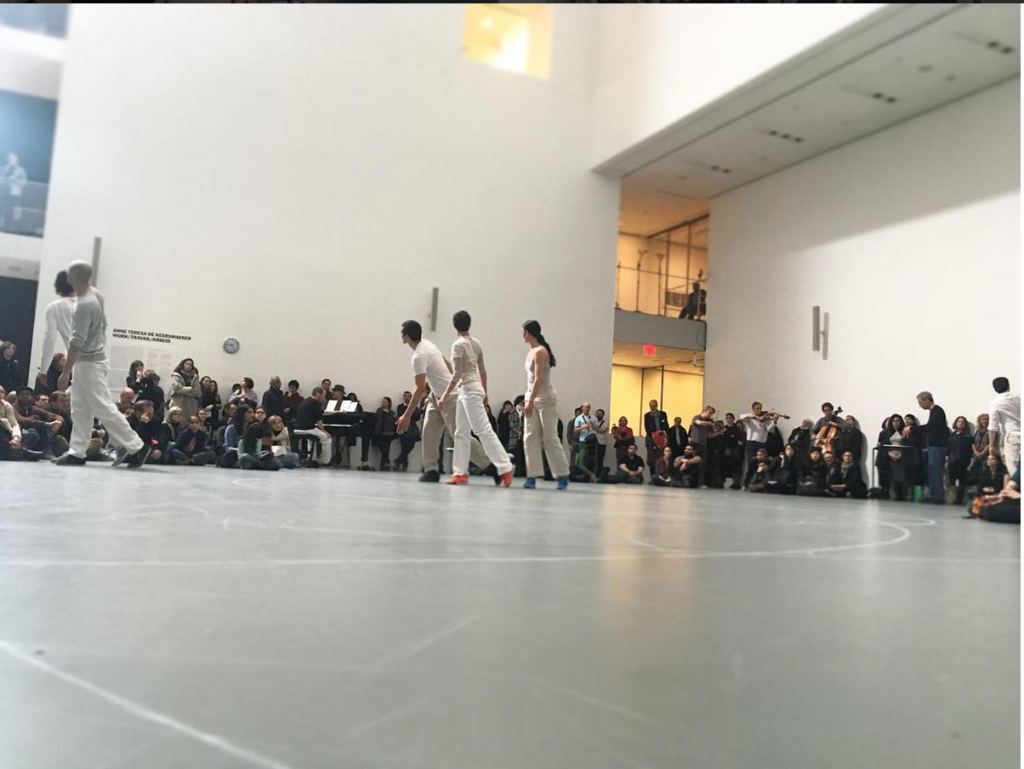Apr 21, 2017 | Blog - Mary Marcus
Henry and I got lost on Easter Sunday trying to get to a beach party in the Northwest Woods: A large track of land owned once upon a time by one person and now, like so much of the land around here, in East Hampton, subdivided into places for the weekend rich to renovate, landscape, and decorate to their heart’s content.

I have a secret yen to participate in the above activities, but I have never so far in my life’s journey given into the temptation.
For years I’ve been consciously working on this issue. I’m optimistic that one day, before I am rolled into the crematoria, I will have a place with chairs and couches, proper window shades, and a magnificent rug and lamps and pictures that all have a certain harmony and forethought and I will be comfortable in that room. It seems far more complex than writing a book, or learning to stand on my hands in the middle of the room as I can stand on my head and on my forearms. The aforementioned takes practice, the other stuff takes a sense of entitlement I’ve never possessed.
Every place I’ve ever lived is bare, except for books, and pictures. Books are one thing, and pictures are easy, even before I married into a family of an artist and his friends, I had lots of pictures. Pictures and books don’t seem to be on my personal index.
Once upon a time, I had a friend who was the opposite of me in that regard and we were great friends for a long time. I thought of her as Henry and I were getting lost in the Northwest on Easter afternoon. I always got lost going to her house too. She had a nice big house of the kind even if I went to two shrinks twice a day for the rest of my life, I could never feel entitled to—not that I didn’t like going there. It was so comfortable. It was so pretty. It was so luxurious, but in a nice interesting way. Taste, style and an ability to spend money with impunity. I have a modicum of taste and style, what I lack is the impunity part. She knew that about me, and used to admonish me.
And I’m guessing that was what happened to our friendship. One of the things anyway.
Henry and I were driving along this incredibly long tree-lined country road, with no real demarcations, everyone gets lost in the Northwest. No place to buy milk or a newspaper, no mailbox, no signposts…
I was recognizing names of streets. Probably the name of the developer’s children. When I was growing up my friend Janie Davis lived on Janie Lane, a street named by her father in honor of her.
Houses come and go. When I was growing up, as we descended down the socioeconomic ladder we went from big house to townhouse, to apartments… practically nobody lived in apartments in my hometown.
Perhaps that’s why I love New York City so much, because everybody lives in apartments. And too, maybe my lack of attachment to things comes from that time.
Your house is where you are supposed to feel safe. A friendship is a sort of house too, when it’s good you feel safe within it. I didn’t like the big house we had to move out of and never felt safe there. And come to think of it, I often felt in great peril in that friendship.
I was turning left, I was turning right, a jolt of misery, as sharp as a kick in the stomach hit me. For my former friend and our last conversation. For the yard sale my mother had right before we moved out of the big house. My four poster bed went that day. Afterwards my beloved Aline, our housekeeper, told me she would have bought the bed had she known Miz Marcus was going to sell it. How come nobody told me my bed was going? Our silver tea service also went. I had to stop the car and heave a little.
Afterwards, I felt much better. Cheerful in fact! Henry just sat there as dogs do, looking straight ahead, ears up. Dogs are enormously comforting and I’m so grateful to have little Henry in my life.
I decided not to go to the party. I’d forgotten my hat anyway, and set forth without any wine or nibbles for the potluck, and so I wended my way home.
And didn’t get lost!
It was my first experience of competence in the damn Northwest.
Good old T.S. was right when he said, “People change and smile but the agony abides. Time the destroyer is time the preserver.”
Good old T.S. Eliot. I’m not reading him so much anymore.
Maybe because I read so much of him at one point, another few lines kept going through my head on my fifteen-minute escape down the long country road:
… Last season’s fruit is eaten
And the fullfed beast shall kick the empty pail.
For last year’s words belong to last year’s language
And next year’s words await another voice.
But, as the passage now presents no hindrance
To the spirit unappeased and peregrine
Between two worlds become much like each other,
So I find words I never thought to speak
In streets I never thought I should revisit
When I left my body on a distant shore.


 by
by 
Apr 3, 2017 | Blog - Mary Marcus
It was raining cats and dogs when I went to MOMA today with my friend Mark, who is in town to cover some musical events. The MOMA of today isn’t the MOMA I cut my teeth on, where I knew where everything was. The new MOMA is beautiful. I knew the first time I entered its doors it was beautiful, but it’s not home anymore, it’s just a beautiful place where I don’t know my way around.
Mark was interested in this thing that was going on, a dance choreographed by someone he admires a lot, with a group of musicians that changed every hour. It was in one of those gorgeous big white rooms of many stories with galleries and window spaces dotting the walls. The room was white, the walls were white, the floor was white. The dancer was wearing white. We leaned against the wall, and watched the dancer and listened to the piano music that was strange, hard to process and alienating—but not alienating enough to be awful. I didn’t exactly get it, but I liked it.

The dancer was moving around the room. Mark told me sotto voce that the choreography owed a big debt to Merce Cunningham, someone Mark had known well. Myself, I thought the choreography owed a big debt to yoga. There was an up-dog, a down-dog, a gorgeous upward facing bow, not to mention several Warrior III’s. But that seemed like a stupid thing to say to my friend. Or to anyone else who wasn’t into yoga.
I thought about the old MOMA where there weren’t all these huge public spaces and event rooms. At the old MOMA once upon a time, I had met my beautiful cousin Judith for lunch and did not know it would be the last time I’d ever see her. We hadn’t met in years. I’d always loved her. And I don’t remember how or why we had finally gotten together.
We were eating lunch in the old cafeteria. And she almost let it rip about her father, my uncle, and I almost let it rip about my father, her uncle. It was after she said, sort of sadly to me, “Your father was the nice one. Everyone loved him.”
I started to tremble, as I used to do, when on the rare occasions I met up with any of my blood relations. And they mentioned how my father was the nice one.
“My father wasn’t nice,” I said. “Not to me, anyway. Was your father nice to you?”
Cousin Judith said, “I never knew a single nice moment with my father. Not one. Not a single one. I spent my childhood trying to protect my mother.”
“Same here,” I replied. We both looked down.
I remember thinking what had happened to me had happened to her. Maybe it was some sort of family pact, a blood oath. All these years I thought I was the only one. But I didn’t ask her about what happened to her in detail. I just kept my head down.
And pretty soon after that we left the cafeteria. And pretty soon after that, I heard my cousin Judith was gravely ill with the exact same thing that had killed her mother, and suddenly she was dead. It is one of my biggest regrets that I didn’t have the guts to take the conversation to the next level. The taboo was just too strong.
Mark suggested we go to something else he was interested in, some thing by a Japanese videographer he admires.
We went into a pitch-black room where images of naked people chasing each other were projected onto the wall. Naked images were humping each other, jumping inside each other; it was very trendy, very arty, and not particularly sexy. Or maybe I was back in my childhood.
We went back to the big white room where more and more people had gathered. Mark and I leaned against the wall, but most of the people in there were sitting down in a circle on the floor. By now there was a flautist, another pianist, a violinist and many dancers.
Mark said he wished he had the time to stay for the whole nine-hour cycle.
Afterwards we stopped by the bookstore/gift shop and I saw a knife rack almost exactly like one my husband had made for us years ago out of two pieces of birch invisibly joined. I took a picture of it and texted it to my husband. In the old MOMA, the one that felt like home, people couldn’t take pictures and send them all the way across the country in the blink of an eye. There were some people who might have known that was possible but I wasn’t one of them.
In many ways it was a simpler world back then. Not so much to remember, not so many passwords and gadgets, not so many things to distract one.
Eliot: distracted from distraction by distraction.
It was raining even harder when we left MOMA and headed to the Pain Quotidian near Carnegie Hall. The wind was blowing like crazy and Mark’s expensive umbrella did that cheap umbrella thing which was to suddenly turn inside out and become useless.
I was ravenous and stuffed myself with bread and butter before my big bowl of lentil soup arrived.
I wished with all my heart my cousin Judith was still alive and we could meet again and this time have the real conversation. I imagined her walking in the door, my introducing her to Mark and the two of them talking about the famous violinist she had a relationship with for many years, who was in the Budapest String Quartet. He was older even than her father, with whom she’d never known a nice moment, like I’d never known one with mine.


 by
by 



